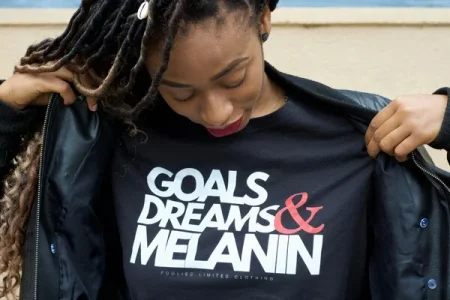
In the heart of Nigeria's Federal Capital Territory (FCT), Abuja, a wave of economic strain is sweeping through the beauty routines of its women. With the prices of hair attachments scaling new heights, women from various walks of life are contemplating an unconventional solution: recycling hair attachments.
As reported by the News Agency of Nigeria (NAN), the cost of maintaining hairstyles has reached unprecedented levels. In December 2023, hair attachment prices ranged from ₦3,500 to ₦4,500. However, by January 2024, these prices surged to between ₦5,000 and ₦6,000, leaving women grappling with alternatives such as embracing natural hair, dreadlocks, or opting for wigs.
Mrs. Funke Ajayi, a banker residing in Bwari, expressed her frustration with the escalating prices. Recounting her recent experience, she revealed purchasing two attachments for ₦10,000 solely for the attachment, excluding the cost of hairstyling. Faced with such expenses, she contemplates reverting to the traditional practice of reusing attachments to mitigate costs.
"I think it will be better to go back to the old days, where you use the attachments, loose the hair, wash it, and reuse," Ajayi asserted, reflecting the sentiments shared by many others.
Similarly, Agnes Omali, a mother of four, emphasized the necessity of reusing attachments to economize expenses, especially considering the financial burden it imposes on households with multiple daughters.
The trend transcends mere economic concerns; it signifies a shift in beauty standards and practices. As Mrs. Gloria Usman pointed out, the exorbitant prices not only impact hair businesses but also compel women to explore more cost-effective yet stylish alternatives.
Miss Titi Ibidapo, an undergraduate, resonated with this sentiment, considering low-cut hairstyles as a more practical choice amidst rising temperatures. She, too, acknowledges the value of reusable wigs in navigating the current economic landscape.
However, amidst the discussions of recycling and cost-cutting measures, the allure of premium human hair remains palpable. Mrs. Ajayi expressed her inclination towards human hair attachments, highlighting their durability and ease of maintenance, albeit at a higher price point.
In essence, the discourse among Abuja's women underscores a profound societal adaptation to economic challenges. As they explore innovative solutions like recycling hair attachments, they not only redefine beauty norms but also exemplify resilience in the face of adversity. Whether it's embracing natural hair or reusing attachments, these women exemplify resourcefulness and adaptability, painting a portrait of strength amidst economic uncertainty in Nigeria's capital.




